Cancer discovery news
Our researchers are making the discoveries that defeat cancer. Read the latest findings from our world-leading research.
Visit our main news hub to read about news on new funding, our fundraising activities and much more. If you want to keep updated on our news, you can follow us on social media or sign up for our Search newsletter.
If you’re a journalist and want to find out more, you can contact our media relations team.

Dame Deborah James and You, Me and the Big C team awarded honorary doctorates by leading cancer research institute
Dame Deborah James, Lauren Mahon and Steve Bland awarded honorary degrees in recognition of their efforts to raise awareness of the impact of cancer on patients and their loved ones
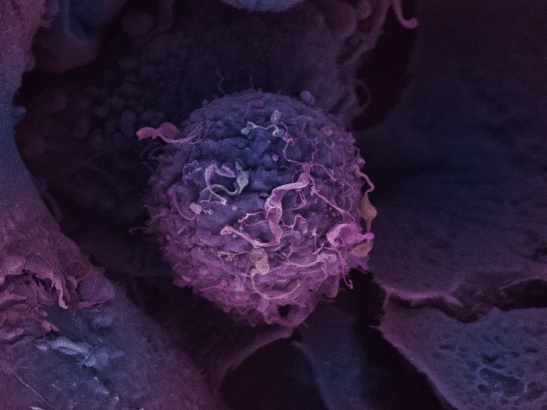
MHRA approves olaparib for high-risk, early-stage breast cancer
The Institute of Cancer Research, London, celebrates the news that the precision medicine olaparib has been approved by the UK regulator, the Medicines and Healthcare products Regulatory Agency (MHRA), for patients with high-risk, early-stage breast cancer and inherited faults in their BRCA1 or BRCA2 genes.
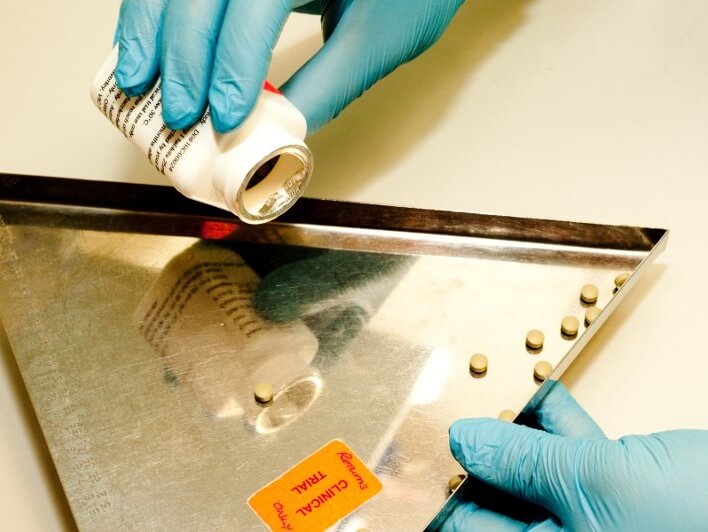
ICR criticises NICE rejection of olaparib for advanced prostate cancer
The Institute of Cancer Research, London, has expressed disappointment that NICE has confirmed its decision not to recommend olaparib for previously treated, hormone-relapsed metastatic prostate cancer.
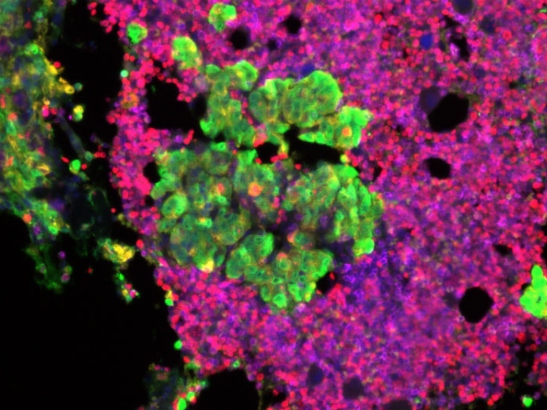
Long-term benefit of radiotherapy confirmed in advanced prostate cancer
Radiotherapy to the prostate alongside standard treatment can keep some men with advanced prostate cancer alive for longer without detriment to quality of life, long-term study results confirm.
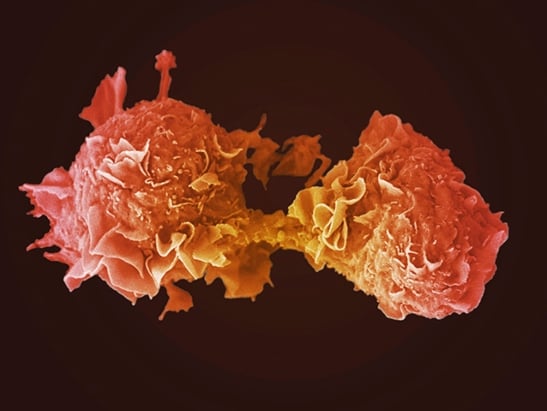
Immunotherapy drug combination stimulates immune system against resistant cancers
A combination treatment of immunotherapy with the experimental drug guadecitabine may reverse a cancer’s resistance to immunotherapy – making it sensitive to treatment again, a new study has found.
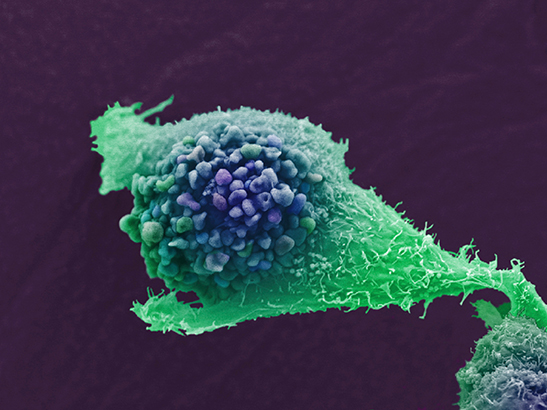
ICR welcomes MHRA approval of 'search and destroy' prostate cancer treatment
The Institute of Cancer Research, London, strongly welcomes the news that 177Lu-PSMA-617, a highly targeted radioactive drug, has been approved by the medicines regulator, the MHRA, for some patients with advanced prostate cancer.
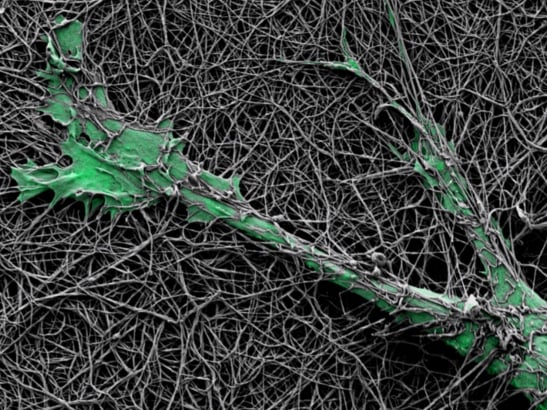
Skin cancer cells harness nerve cell gene to drill through and invade new tissues
Melanoma skin cancer cells harness a gene usually used by growing nerves to escape from their immediate area and spread through tissues, new research has found.
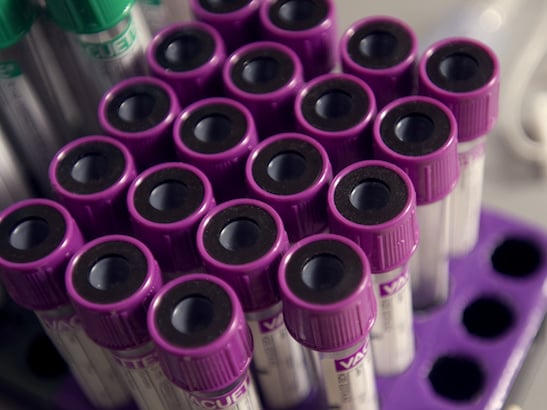
All patients’ cancers should be genetically profiled to improve care, say leading health experts
The NHS should offer all cancer patients genetic profiling of their cancers at diagnosis and during treatment to shape care and track how the disease evolves, a consensus group of leading experts has concluded.
-547x410.jpg?sfvrsn=5e98f2c_2)
Olaparib for high-risk, early-stage breast cancer approved in Europe
The Institute of Cancer Research, London, strongly welcomes the news that the precision medicine olaparib has been approved in Europe for people with high-risk, early-stage breast cancer who have inherited faults in their BRCA1 or BRCA2 genes.
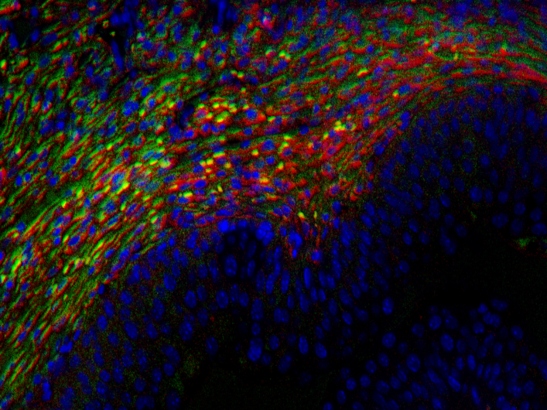
Long-term benefit of combining chemotherapy and radiotherapy in bladder cancer
Giving people with bladder cancer chemotherapy and radiotherapy at the same time helps stop cancer from coming back, long-term results of a 10-year study confirm.

New study reveals how ’free radicals’ drive cell division, uncovering a potential new way to target cancer
Scientists have discovered how naturally occurring but unstable molecules, known as free radicals, can control the fundamental process of cell division, which, when it goes wrong, can lead to uncontrolled cell growth and cancer.

ICR’s in-person business partnering events return!
Our Partnering to Defeat Cancer series of business networking events returned this month, with scientists from The Institute of Cancer Research giving presentations on their work to an audience of industry professionals before a networking reception.